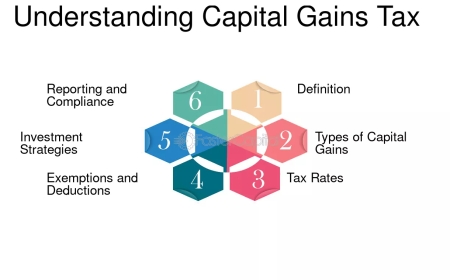How to Budget for Holiday Spending
The holiday season is a time for joy, giving, and celebration. However, it can also be a period of significant financial strain for many individuals and families. With the pressure to buy gifts, host parties, and travel, it's easy to overspend and accumulate debt. Effective budgeting for holiday spending is crucial to avoid financial stress and ensure a enjoyable holiday season.
To start budgeting for holiday spending, it's essential to determine how much you can afford to spend. Review your income, expenses, and savings to understand your financial situation. Consider setting a specific budget for holiday expenses, including gifts, decorations, entertainment, and travel. A general rule of thumb is to allocate no more than 1-2% of your annual income for holiday spending.
Once you have a budget in place, it's time to prioritize your spending. Make a list of the people you need to buy gifts for and allocate a specific amount for each person. Consider setting a limit on the number of gifts you buy or opting for homemade or experiential gifts. You can also consider alternatives to traditional gift-giving, such as Secret Santa or drawing names.
In addition to gifts, consider other holiday expenses, such as decorations, hosting parties, and travel. Decorations can be a significant expense, but consider repurposing or reusing items you already have. When hosting parties, consider potluck or DIY decorations to reduce costs. Travel expenses can be substantial, but consider booking in advance, using travel rewards, or opting for budget-friendly destinations.
To further reduce holiday expenses, consider implementing cost-saving strategies throughout the year. Start a savings plan by setting aside a fixed amount each month or using a separate savings account specifically for holiday expenses. You can also take advantage of sales and discounts throughout the year to stock up on gifts or holiday supplies.
Another effective way to budget for holiday spending is to track your expenses throughout the season. Use a spreadsheet, budgeting app, or simply keep a log to monitor your spending. This will help you stay on track, identify areas for improvement, and make adjustments as needed.
Finally, consider the long-term implications of your holiday spending habits. Avoid accumulating debt or dipping into savings to fund holiday expenses. Instead, prioritize building a sustainable holiday budget that aligns with your financial goals. By doing so, you'll be able to enjoy the holiday season without financial stress and start the new year on a positive note.
By following these tips and being mindful of your holiday spending, you can create a budget that works for you and your loved ones. With a little planning and creativity, you can have a joyful and financially stress-free holiday season.

















